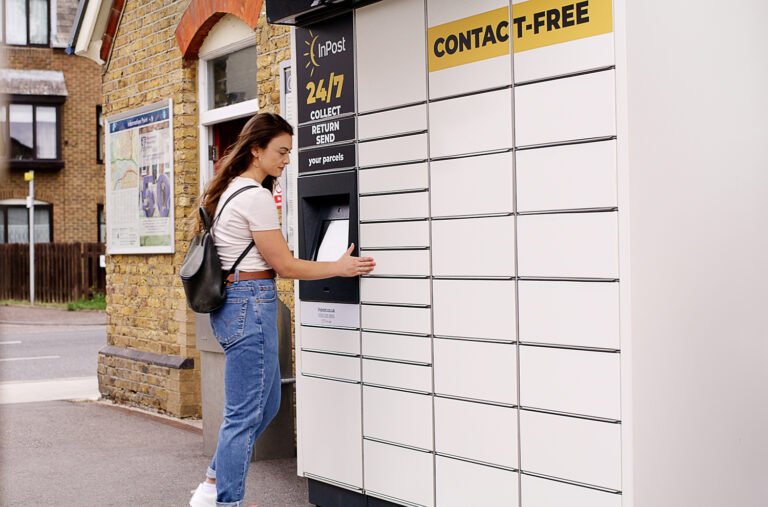According to market analysis, last-mile deliveries account for the largest share of CO² emissions in e-commerce logistics. Authors of the recently published Green Last Mile Europe 2022 report estimate that it can be most quickly reduced by extensive consumer education and broad implementation of out-of-home deliveries. This is the key to success, as one parcel locker reduces CO² emissions by as much as 13,845kg per year, which corresponds to the purification of the atmosphere by 2,769 trees.
In addition to detailed information on the pro-ecological role of InPost parcel machines, the report includes numerous green initiatives taken by all participants in the logistics and CEP sector (courier, express and parcel), as well as analyses of the impact of last-mile deliveries on the environment and key trends and efforts aimed at protecting the planet.
According to the report, current CEP industry growth stemming from dynamic e-commerce market development is accompanied by a rapid increase in the number of delivery vehicles, and therefore a surge in the carbon footprint emitted by increased door-to-door deliveries. The level of CO² emissions into the atmosphere in such a manner may reach 5.5 million tonnes by 2032. Fortunately, experts reassure that introducing pro-ecological activities offers opportunities to reduce the carbon footprint by more than 91% in just a decade. However, two conditions need to be met globally for this to happen – the widest possible introduction of out-of-home deliveries and broad education of consumers and policymakers.
“This report serves as a stark reminder of our collective responsibility to ensure a sustainable future,” commented Jason Tavaria, CEO at InPost UK. “And although there have been noticeable steps taken towards more sustainable habits and practices across the world, ultimately consumers and businesses alike need to be able to do more to cut carbon emissions and meet net-zero commitments.
“As the e-commerce industry goes from strength to strength, we need to work collaboratively to achieve these goals – finding greener last-mile solutions that ensure our impact on the climate is front and centre and encouraging consumers towards these. This is something we are committed to leading to secure a greener future for all.”
The report’s authors have pointed to InPost parcel lockers as the most sustainable delivery mode in the out-of-home model. For instance, they can not only make final-mile logistics more efficient (ensuring parcels get to their recipients first time), they can also cut CO2 emissions by up to two thirds compared to home deliveries and reduce local noise pollution and congestion significantly on our roads. This is something there is clear appetite for in the UK, with InPost now having a network of more than 3,000 parcel lockers across the country.
Looking ahead, further development and increased use of the parcel locker network will continue to contribute to vehicle traffic reduction in cities – improving air quality and protecting the climate.







